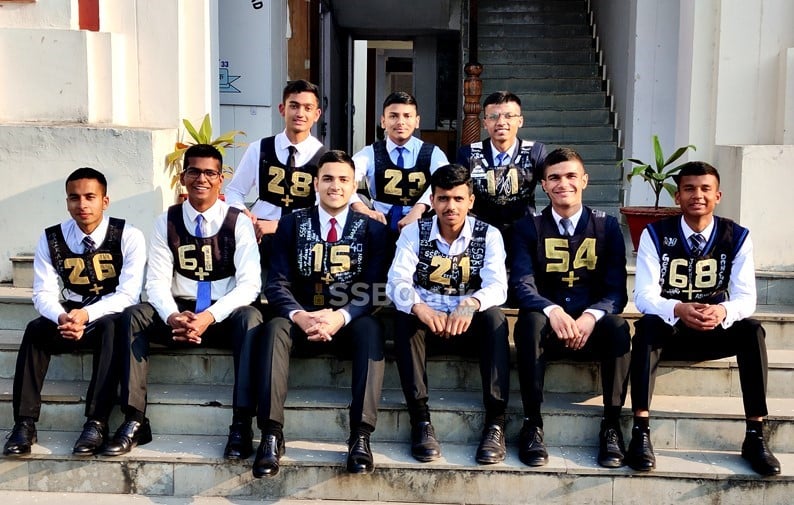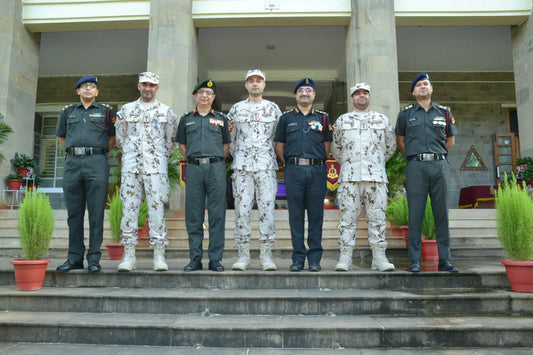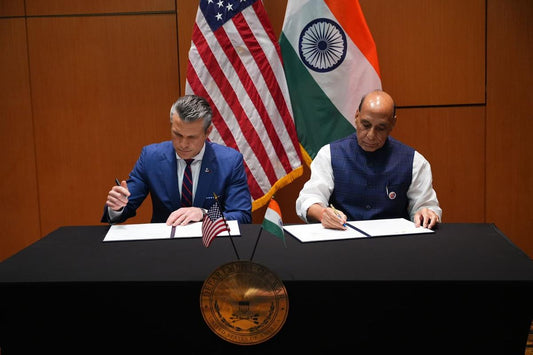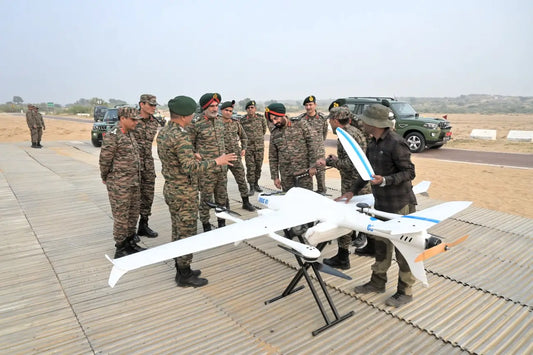Ten Effective Strategies for Staying Calm in SSB Personal Interviews

A key milestone in pursuing a career in the Defence forces is the personal interview conducted during the Services Selection Board (SSB) assessments. These interviews are not only a test of a candidate's knowledge and skills but also an evaluation of their personality, motivation, and qualities akin to those of an officer. Candidates often find themselves overwhelmed by nervousness and uncertainty, making it crucial to remain calm and composed to showcase their true capabilities. This article offers ten practical tips aimed at helping candidates maintain composure during SSB personal interviews to present their best selves.
Historical Context of SSB Personal Interviews
The roots of the SSB interview process can be traced back to the British colonial era, during which officers for the Indian Army were selected. Over the years, the process has evolved from being focused solely on academic competence to encompassing psychological and personality traits, reflecting the evolving nature of military leadership. Today, the SSB process involves a comprehensive assessment that includes interviews, group tasks, and psychological evaluations. The personal interview remains a crucial part of this evaluation, offering insights into a candidate's motivations, character, and suitability for a role in the Defence forces.
The Importance of Staying Calm
Remaining composed during the high-pressure environment of an SSB personal interview can significantly impact a candidate's performance. Calmness allows candidates to articulate their thoughts clearly, engage effectively with interviewers, and showcase leadership qualities. A relaxed demeanor mitigates anxiety, reduces the likelihood of miscommunication, and projects confidence—traits highly valued in potential officers. Here, we explore ten tips to assist candidates in maintaining calm during this critical selection stage.
1. Prepare Thoroughly
Confidence stems from thorough preparation. Familiarity with the interview process and common questions can greatly ease anxiety. Candidates should conduct comprehensive research, including understanding the structure and purpose of SSB interviews, familiarizing themselves with typical questions about personal experiences and current events, and reflecting on their own backgrounds, strengths, and weaknesses to articulate clear responses. Well-prepared candidates are better equipped to handle interview challenges, thus displaying officer-like qualities (SSBCrack).
2. Practice Self-Introduction
Self-introduction is crucial as it sets the first impression. Candidates should aim to deliver it with confidence and naturalness by structuring it to include their background, hobbies and interests related to Defence, and achievements that demonstrate leadership or teamwork. Practicing this introduction helps candidates recite in a genuine manner, easing initial tension (SSBCrack).
3. Maintain Positive Body Language
Body language often communicates more than words. Candidates should exhibit positive body language by making eye contact, sitting upright, and avoiding nervous gestures. This approach not only creates a positive impression but also fosters a sense of calm during the interview (SSBCrack).
4. Manage Nervousness Through Breathing and Focus
Nervousness is natural during interviews. Simple breathing exercises can be effective calming techniques. Candidates can practice deep breathing by inhaling slowly, holding the breath briefly, and exhaling slowly. Mindfulness can also help candidates stay present and avoid negative spiraling thoughts. These practices can enhance mental clarity and composure (SSBCrack).
5. Stay Authentic and Honest
Interviewers appreciate authenticity. Candidates should express their true thoughts and feelings regarding experiences. Admitting ignorance when unsure about a question, while showing a willingness to learn, demonstrates humility and sincerity, resonating well with interviewers (SSBCrack).
6. Keep Updated With Current Affairs
Candidates should be well-informed about current events, especially those related to Defence and national issues. This knowledge fosters confidence during discussions and demonstrates awareness, a vital quality for prospective officers. Regularly reading newspapers and following relevant blogs can enhance preparedness (SSBCrack).
7. Regular Physical Exercise
Physical fitness supports mental resilience. Regular exercise reduces stress, improves mood, and increases endurance. Candidates can engage in cardio workouts or practice yoga and meditation to promote relaxation and mindfulness, preparing them for interview challenges (SSBCrack).
8. Reflect on Your Experiences
Self-reflection is crucial for growth. Candidates should reflect on life experiences to prepare for questions about challenges, lessons learned, and successes. This practice enriches responses and fosters self-awareness. Reflecting on challenges, leadership instances, and learning from failures highlights resilience (SSBCrack).
9. Practice Effective Communication Skills
Effective communication is key in interviews. Candidates should speak clearly and confidently, articulating thoughts without rushing. Strategies include slowing down, using articulate words, and actively listening to ensure meaningful engagement. Practicing communication, through mock interviews or discussions, can greatly improve performance (SSBCrack).
10. Dress and Groom Professionally
First impressions are significant, and appearance plays a crucial role. Candidates should opt for professional attire that is neat and well-fitted, following a formal dress code. Well-polished shoes and appropriate grooming enhance self-confidence and reflect respect for the interview process (SSBCrack).
Challenges and Solutions in the SSB Personal Interview Process
Despite these tips, candidates may encounter challenges such as unexpected questions, time pressure, and high personal expectations. Solutions include practicing improvisation, developing time management strategies, and reframing the mindset to view interviews as learning opportunities. Engaging in positive self-affirmations can also boost morale.
Future Trends and Predictions in Interview Techniques
As the world evolves, so do assessment methods in SSB interviews. Technological advancements, like virtual interviews and AI-based assessments, may become more common. Candidates should familiarize themselves with digital communication tools and adapt to new questioning styles, such as situational judgment tests. Emphasizing behavioral competencies and emotional intelligence will become increasingly important.
Conclusion
The SSB personal interview is a crucial phase in pursuing a career in the Defence forces, and maintaining composure is vital. By adopting the outlined tips, candidates can significantly improve their chances of success. The interview is an opportunity to showcase personality, character, and leadership potential. Thorough preparation, self-introduction practice, body language management, and effective communication are essential. Encouraging self-reflection and authenticity, along with physical fitness and current affairs awareness, complements a well-rounded preparation strategy.
In a competitive selection process where details matter, staying calm can set candidates apart. Implementing these strategies consistently and viewing the experience as a chance to demonstrate potential allows candidates to approach the SSB personal interview with confidence and poise. So take a deep breath, trust in your preparation, and seize the opportunity to shine.



















